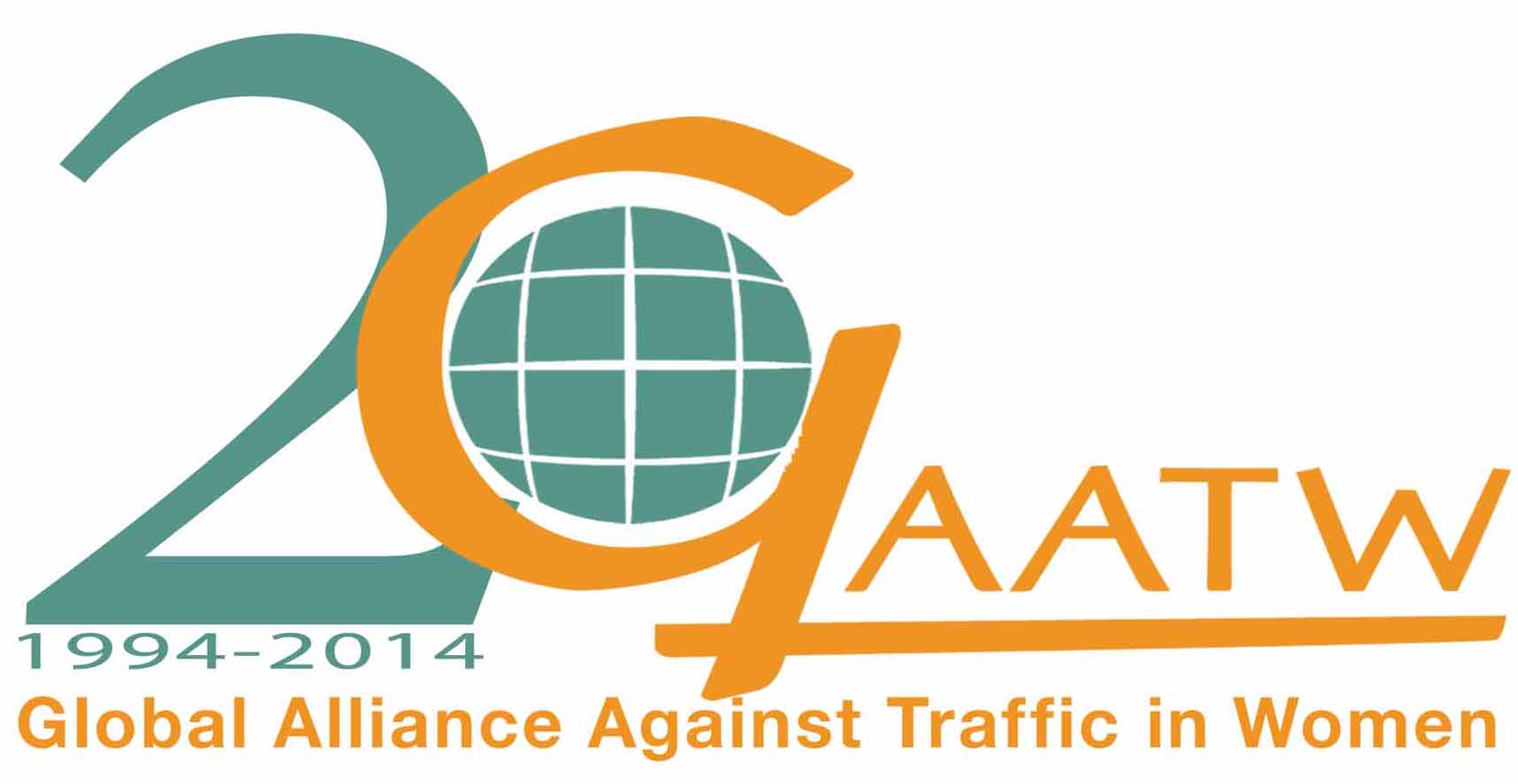US bill to pressure countries that do not criminalise the purchase of sex must be dropped, say rights groups

![]()
GAATW and the Freedom Network call on the US House of Representatives to drop H.R.4703
24 July 2014
The International Secretariat of the Global Alliance Against Traffic in Women (GAATW) and the Freedom Network (USA) condemn a new bill, introduced into the US House of Representatives by Congressman Hultgren, which seeks to put pressure on countries that “do not prohibit the purchase of commercial sex acts”. If passed, bill H.R.4703 will amend the Trafficking Victims Protection Act of 2000 to demand that the State Department take a country’s prostitution laws into consideration when determining its rankings in the annual Trafficking in Persons Report. Placement in the lowest tier of the Trafficking in Persons Report can trigger sanctions including the reduction or loss of non-humanitarian, non-trade-related foreign assistance.
GAATW and the Freedom Network believe that this move is not about preventing human trafficking or protecting its victims. Under the guise of addressing trafficking in persons, the amendment instead seeks to include efforts to eradicate prostitution. Creating such a strong link between prostitution and trafficking in persons is not uncommon but it is mistaken. GAATW has documented the harm done to sex workers, migrants and to people who have been trafficked by anti-trafficking laws, policies, programmes and initiatives that conflate the two.
There is no evidence that criminalising or otherwise penalising sex workers’ clients has reduced either trafficking in persons or sex work. International law on trafficking in persons makes a distinction between prostitution and trafficking. The USA’s international anti-trafficking work too makes this distinction plain, as several countries in the top tier of the State Department’s Trafficking in Persons Report – i.e. those countries who meet the minimum standards for addressing trafficking – indeed do not criminalise sex work. If anything, we can look to the 14 years of the Trafficking in Persons Report as the evidentiary link that sex work and trafficking are not connected.
Debates in anti-trafficking work about demand need to be grounded in evidence in order to move beyond simplistic “supply and demand” analogies and misguided efforts to “end demand” for sex work, a framework that is not applied to trafficking in other labour sectors. GAATW instead calls on the US government, at home and in its international advocacy, to focus on ending exploitative labour practices across all sectors for all people and support labour organising, as part of a strategy to prevent human trafficking. This should include consideration of decriminalising sex work and practices around it, as a strategy to reduce the opportunities for exploitative labour practices in the sex sector.
Background:
The text of bill H.R.4703 is available at http://thomas.loc.gov/cgi-bin/query/z?c113:H.R.4703: The bill has been referred to the House Committee on Foreign Affairs.
GAATW has researched the limitations and impacts of “end demand” approaches in anti-trafficking work: Moving Beyond ‘Supply and Demand’ Catchphrases: Assessing the uses and limitations of demand-based approaches in Anti-Trafficking . GAATW’s report, Collateral Damage: The Impact of Anti-Trafficking Measures on Human Rights around the World, reviews the impact of anti-trafficking measures on human rights and some of the negative consequences of those measures.
GAATW is a global network of over 120 independent NGOs. The Alliance takes a human rights-based and feminist approach to trafficking in persons. GAATW promotes rights of women migrant workers and trafficked persons and believes that ensuring safe migration and fair work places should be at the core of all anti-trafficking efforts.
The Freedom Network was established in 2001 to promote a human rights-based approach to human trafficking. The Freedom Network is a coalition of 40 service providers and individuals working directly with survivors of human trafficking across the United States. Freedom Network was established by a group of organisations and individuals who bring decades of experience from a diverse set of backgrounds, such as immigrant women and children’s rights, victim and social services, migrant farm worker advocacy, and human rights activism. The Freedom Network recognizes that human trafficking is fuelled by complex and interconnected factors, including poverty and economic injustice, racism, gender-based discrimination, and political strife. At its core, the crime of trafficking is a violation of an individual’s basic rights and personal freedom. Thus, we believe that a rights-based approach is fundamental to combating human trafficking and ensuring justice for trafficked persons.

